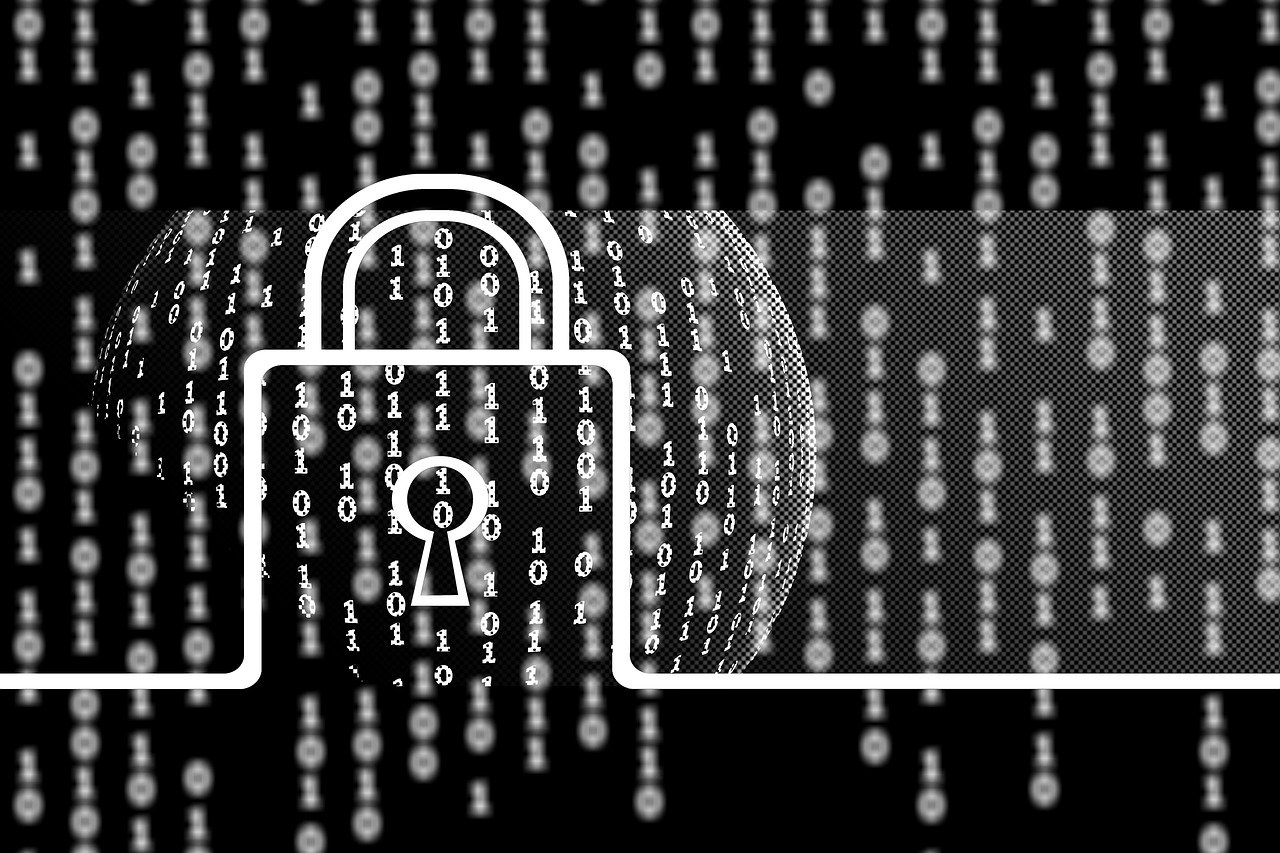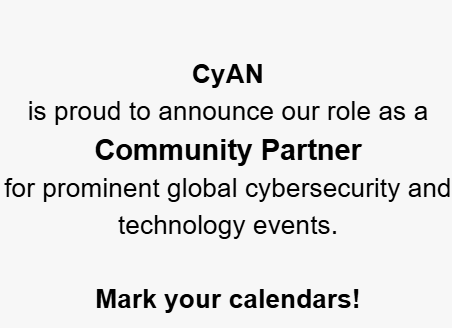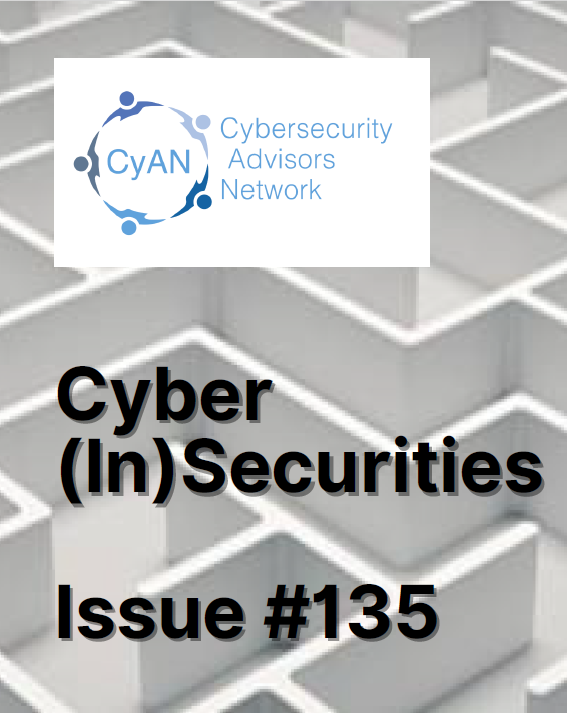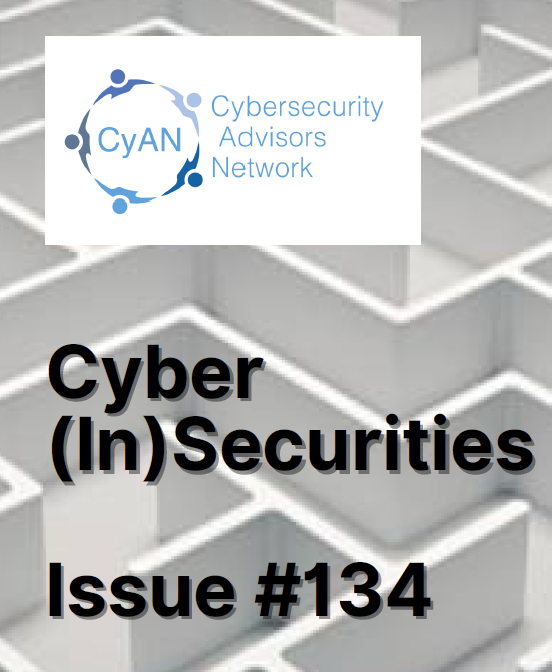The Cybersecurity Advisors’ Network has recently added our name to three important pieces of advocacy urging reform of legislation that we feel significantly jeopardizes the safety and privacy of citizens and their data, and the free nature of the Internet.
The Internet Society and CyAN partner organization Global Encryption Coalition are leading a push to reform Sweden’s controversial proposal that, among other issues, would require encryption services to open access to their users’ data to law enforcement agencies. We previously expressed our opposition to this move. Backdoors, no matter how well intended, fatally undermine end-to-end encryption, thus endangering privacy, security, and trust online.
Link to the open letter: https://app.smartsheet.com/b/form/e3cf0c35c3a84837b0accdf21966a554
II. Japan: Cyber Espionage / Cyber Attack Bills
CyAN joins the Japanese Association for Progressive Communications (JCA-Net) in urging the scrapping of two Japanese bills (both links in Japanese, PDF format):
- Bill to Prevent Damage Caused by Unauthorized Acts against Important Computer Systems
- Bill to Amend Relevant Laws in Conjunction with the Enforcement of the Law to Prevent Damage Caused by Unauthorized Acts against Important Computer Systems‘
Similar to the Swedish proposal, these bills would allow law enforcement and intelligence agency access to information without the consent of data controllers. They go much further in authorizing cyber warfare and espionage outside of Japanese borders, which the Association and the letters signatories believe is not only unconstitutional, but actively dangerous by potentially stoking aggressive cyber conflict.
Link to the joint letter: https://www.jca.apc.org/jca-net/ja/node/449
US Senate bill S.146 (“TAKE IT DOWN”) is a well-intended, although overly broad and intrusive, attempt to curtail online propagation of illegal content, specifically “intimate imagery”, what CyAN partner organization STISA refers to as “image-based sexual abuse” (IBSA). While the bill provides exceptions for broadband and email providers, it would result in encryption backdoors being required for other secure services, such as peer-to-peer chat.
As we have pointed out in the past, backdoors not only do not work, they have significant negative impact on personal privacy. Backdoors dramatically increase the danger from cybercrime and government surveillance overreach alike, and damage trust, safety, online commerce, and digital democracy while yielding few real results – criminals do not respect such laws.
CyAN joins the Internet Society, the Center for Democracy and Technology, the Electronic Frontier Foundation (EFF), and several other respected industry and advocacy groups in calling for a revision of S.146, to significantly increase the use cases and providers exempted from its scope, and thus removing the mandate for harmful encryption backdoors.
Link to the joint letter: https://docs.google.com/document/d/1p5i9HifjzZXGs-nanjOb5V1aBQPqAJ3LFfJqsYYddI0/edit?tab=t.0
Featured image credit: Gerd Altmann (Pixabay Link)










